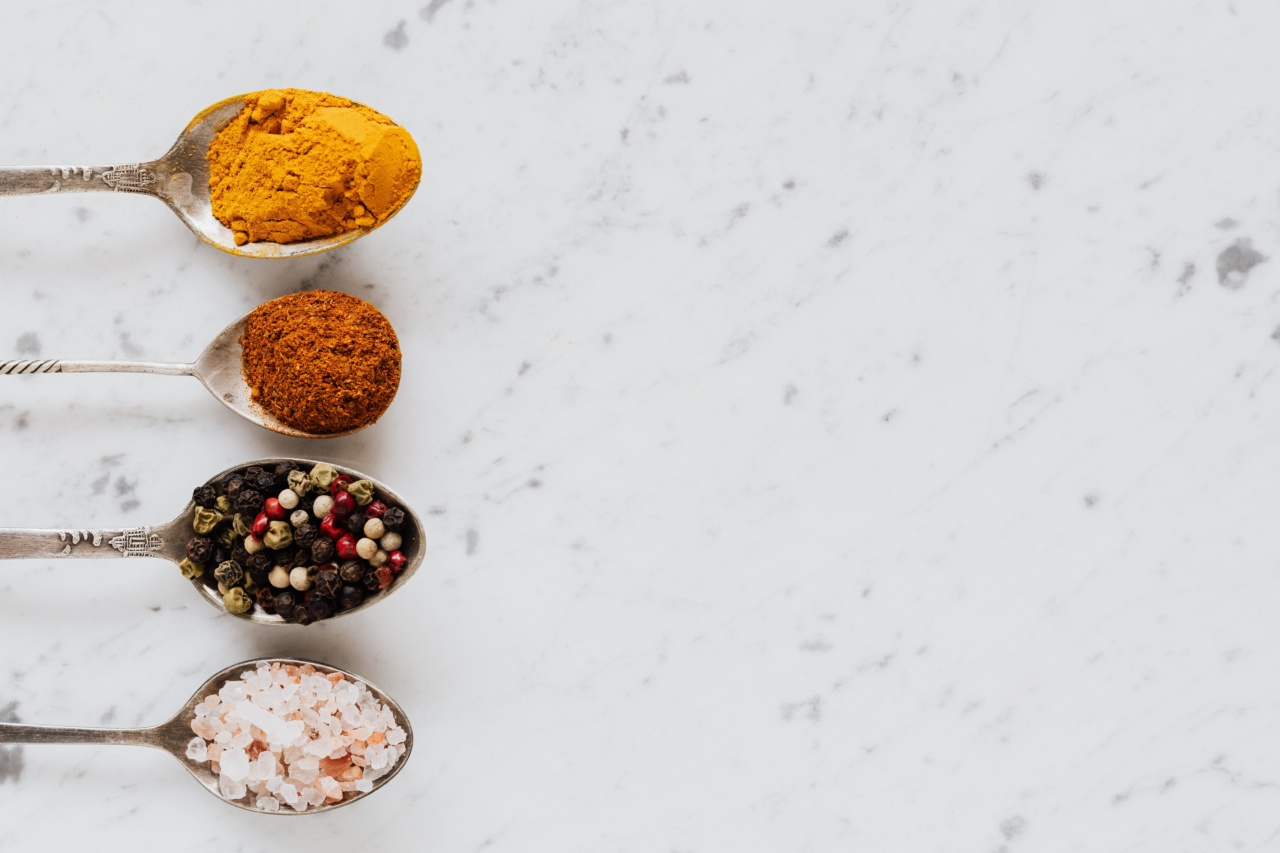For years, Himalayan salt has been hailed as the new “white gold” and a healthier alternative to traditional table salt.
But is it really worth the hype? In this article, we will debunk some of the most common myths surrounding Himalayan salt and reveal the truth behind this controversial product.
Myth #1: Himalayan salt is pure and natural
One of the most common claims made about Himalayan salt is that it is completely pure and natural, free from any chemicals or additives.
While it is true that Himalayan salt is mined from the foothills of the Himalayan mountains, the reality is that it is no more pure or natural than any other type of salt.
In fact, Himalayan salt contains traces of various minerals and metals, including lead, arsenic, and mercury.
While these minerals are present in only trace amounts and are not harmful in small doses, they do call into question the supposed purity of this salt.
Myth #2: Himalayan salt contains more nutrients than other salts
Another common myth about Himalayan salt is that it contains more nutrients than other types of salt.
While it is true that it contains some minerals, such as magnesium, potassium, and calcium, the amounts of these minerals are not significant enough to have any real impact on your health.
Furthermore, the human body requires only tiny amounts of these minerals to function properly, and it is far more effective to get them from a balanced and varied diet than from a product like Himalayan salt.
Myth #3: Himalayan salt is a natural remedy for various ailments
Many proponents of Himalayan salt claim that it can cure or alleviate various health issues, including respiratory problems, digestive problems, and even skin conditions. However, there is little to no scientific evidence to support these claims.
While it is true that salt therapy (also known as halotherapy) has been used for centuries to treat certain respiratory conditions, the type of salt used in these treatments is a far cry from the Himalayan salt being sold in stores.
Additionally, there is no evidence to suggest that consuming Himalayan salt has any real health benefits.
Myth #4: Himalayan salt is better for your health than other types of salt
Perhaps the biggest myth surrounding Himalayan salt is that it is a healthier alternative to traditional table salt.
While it is true that Himalayan salt contains less sodium than table salt, the difference is negligible and not significant enough to make it a healthier option.
In fact, consuming too much Himalayan salt can actually have negative health effects, such as increasing your risk of high blood pressure and heart disease. As with any type of salt, moderation is key.
Myth #5: Himalayan salt is more sustainable than other types of salt
Finally, some proponents of Himalayan salt claim that it is a more sustainable option than other types of salt, as it is mined from a natural source rather than being produced through industrial methods.
While this may be true to some extent, the reality is that the demand for Himalayan salt has created environmental problems in the regions where it is mined.
In addition to the environmental impact of the mining process itself, the transportation of Himalayan salt around the world also has a significant carbon footprint.
Ultimately, there is no such thing as a completely sustainable option when it comes to salt.
Conclusion
Despite the many myths surrounding Himalayan salt, the reality is that it is no more pure or natural than any other type of salt, and it is not a miracle cure for any health issues.
While it may be a slightly healthier option than traditional table salt in terms of sodium content, the difference is negligible and moderation is key.
If you enjoy the taste and texture of Himalayan salt, there’s no harm in using it in moderation.
However, it is important to be aware of the myths and misconceptions surrounding this controversial product and make an informed decision about whether or not it is right for you.











